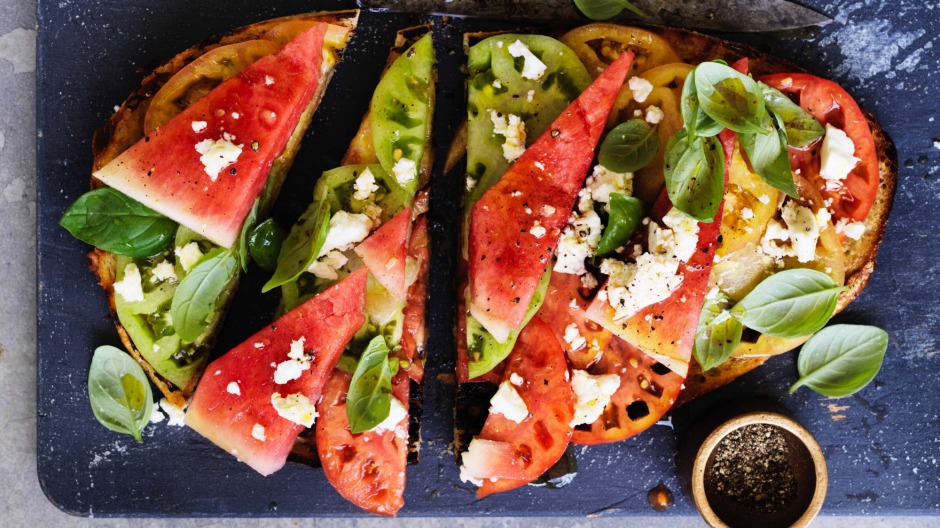Good nutrition is not about perfection. Rather, healthy eating is about balance and consistency and making healthier choices when you can. In fact, a closer look at commonly eaten foods will reveal that it is easy to swap many of our staple foods for healthier options, boosting our overall nutritional intake while basically eating the same thing.
So if healthy eating needs to be as easy as possible in your home, here are some of the easiest nutrient-rich food swaps you can make.
White bread for sourdough
Bread is a staple at many a barbecue or picnic, but easy-to-grab baguettes and flatbreads are inevitably made from refined white flour. Unlike wholegrain and wholemeal varieties of bread, white bread is digested relatively quickly, resulting in fluctuating blood glucose levels, and lacking the dietary fibre that will help to keep you full and satisfied after eating. Wholegrain and wholemeal bread, cracker and loaves are much better options nutritionally or if the family prefers white bread, opt for sourdough. The process in which sourdough is made helps to reduce the glycaemic index of the bread, meaning that is helps to keep blood glucose levels much more controlled than traditional white bread.
Dips for hummus
A quick scan of the ingredient list of a commercial dip will likely reveal a product that is based on vegetable oil and contains up to 35 percent fat. Vegetable-based dips including hummus and tzatziki are much better options nutritionally – especially home-made varieties in which you can control the ingredients and opt for more vegetables, legumes and extra virgin olive oil.
Crackers for veggie sticks
There is a wide range of crackers and crispbreads in supermarkets and while wholegrain, rye and wafer varieties are all relatively light options to serve with dips and cheese, you can’t go past vegetable sticks or crudities as a nutrient-rich alternative to crackers. Free of kilojoules and packed with dietary fibre and vitamins and minerals, you will be surprised how many extra vegetables people eat when they are the default munching option.
Soft cheese for goat’s cheese
With your favourite brie or camembert clocking in at 30-35 percent fat, it can be easy to overeat rich, flavoursome cheese. On the other hand, the growing range of white, soft cheeses such as marinated feta, goat’s cheese and even cottage cheese means there are plenty of lighter, lower energy options. Goat’s cheese, for example, contains as little as 15 percent fat, and portions can be easily contained as it is easy to spread and dip.
Potato chips for popcorn
While potato and corn chips appear to be relatively simple foods made with minimal ingredients – corn or potato, oil and salt – the reality is that refined starch cooked at high temperatures with processed vegetable oil creates a highly processed, carbohydrate-rich food that is digested very quickly. In addition, corn and potato chips generally contain 20-30 percent fat, and are easy to overeat. Popcorn on the other hand is a fibre-rich wholegrain with a fraction of the salt, fat and energy of corn and potato chips, making it the perfect picnic or party swap when you want something to munch on.

